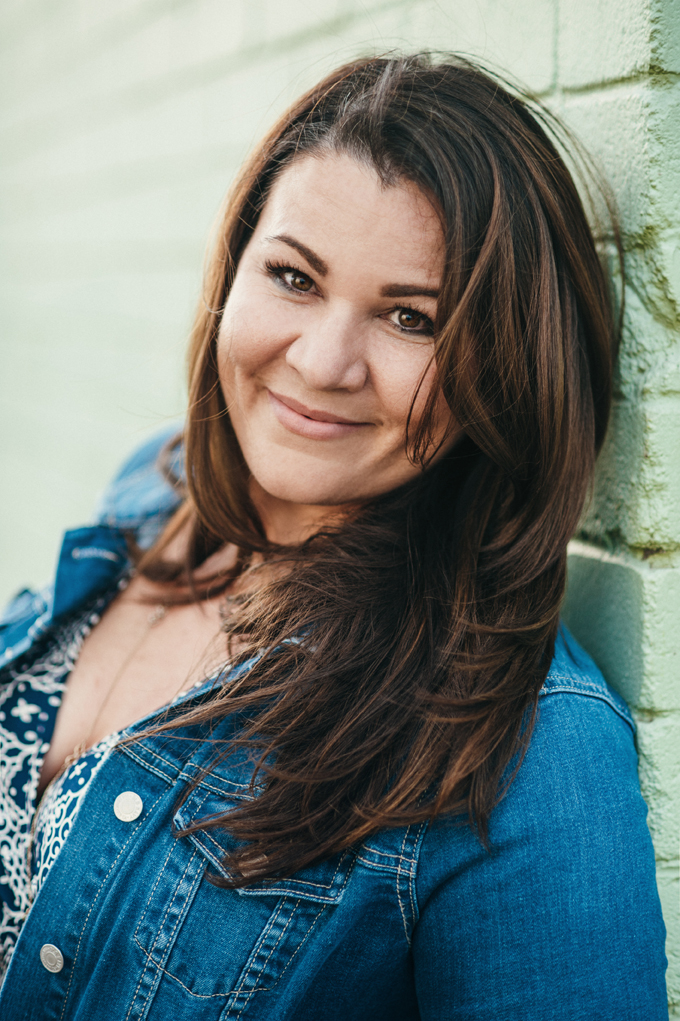
Last week, a friend forwarded me an article about seven Latinas in Hollywood that didn’t feel “Latina enough.” The celebrities talked about feeling “rejected,” “not accepted” or having “image issues.” Some felt they fell short of being “Latina enough” because they didn’t speak Spanish, or they didn’t cook certain foods or they grew up in American schools where Latino culture isn’t taught on a daily basis so they acted more Americana than Latina.
As I read the article, I was surprised and saddened to read about these famous and accomplished Latina celebrities who felt judged and alienated by a culture they so desperately wanted to connect with; but the feeling wasn’t mutual. The Latino culture was denying them that connection.
Excerpts from Latina Magazine:
“It’s very difficult to live in our community if you don’t speak Spanish — everyone will judge you,” she said. “A lot of Latinos don’t speak Spanish perfectly and feel rejected in our community.” – Eva Longoria
“I love my culture and I’m very proud of my culture. I want to learn so much about where my family is from and my roots and to know Spanish. But when you’ve lived your entire life in American schools, you don’t get that.” – America Ferrera
“I think being Latina is about having pride in your heritage,” Dawson told us. “Although I am not a fluent Spanish speaker and I can’t make every dish without a recipe, I am 100 percent Boricua and I am proud of that.” – Rosario Dawson
It got me thinking about the human condition and the very real idea that we all share that “not good enough” truth to some degree, regardless of our parentage or culture. As a Latina, I could personally identify with what these ladies were saying. I too have felt the pain, disappointment and longing to connect with my Puerto Rican culture.
As I sat there personally connected to this article, it got me thinking. What “good” can come out of feeling “bad” or having a “negative experience” in common?
As a filmmaker and content creator, I have had the distinct pleasure of interviewing people about this very same topic through Project Enye (ñ). The conversations are so personally moving and punctuated by tears, hugs and laughter, that afterward, it feels like we have both gone on a journey somewhere together.
In the past 18 months, I have sat across from 72 people, asking them about their lives, their stories and their version of what these Latina celebrities have shared above. Hopefully, one day I’ll be able to sit across from these celebrities and go on this journey with them of “building community” and “connectedness” among American Latinas and Latinos. Here’s to wishing!
Why is it important to share these feelings and in a way “come clean” about something that could be perceived in a negative way? Because odds are, someone is feeling the same way. And believe it or not, it is possible to develop feelings of connection through rejection.
How I wish when I was a little girl, I could have read that Jennifer Lopez was made to feel like she wasn’t accepted by the Latino community because she didn’t speak Spanish or that Gina Rodriguez felt pain because no matter how hard she tried to proudly represent the Latino community, she fell short by the public’s standards.
Reading these types of articles, without a doubt, would have impacted my life. They would have transformed the isolation I was feeling for the majority of my adolescent and early adulthood and given me hope.
It all starts with the willingness to be vulnerable with someone and have an authentic conversation about the shared experiences that many first generation American born Latinos experience but never talk about. What I’ve found in my own work with Project Enye (ñ) is that sharing these stories have the power to genuinely “heal” and “connect” people.
In essence, we all walk in the same chancla, we just don’t know it. But through Project Eñye, I (we) hope to change that.

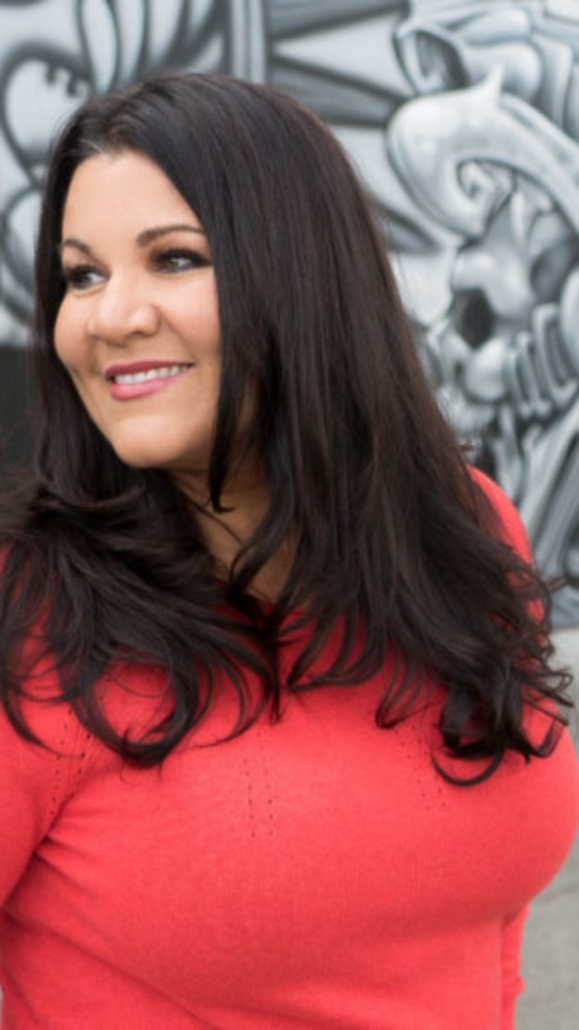

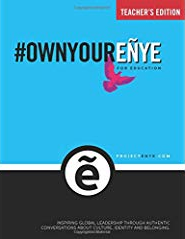
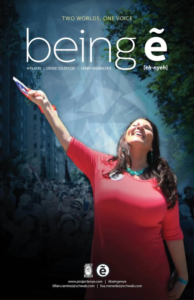
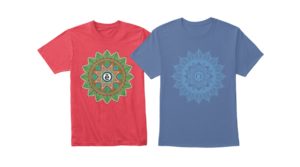
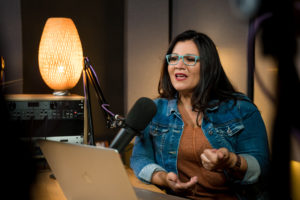
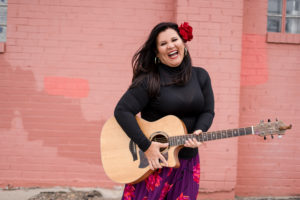
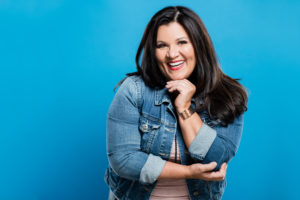
Great question. Where is your family from? If you don’t know for some reason grab a test from 23 and me or ancestry.com – then you’ll know. : )
I’m so happy you found our page too!! There are SO many people out there that have the exact same experience as you Natalia. You are not alone! : ) If you have an IG I think you’d love the type of content we post there! Thanks for sharing.
I just came across this because I’ve been feeling “not good enough” about my heritage and culture. I am Argentinean, born and raised, and I moved to the US when I was 10 years old. I still speak fluent Spanish but I am tall, fair skinned, with light hair so I have never “looked Latina” to Americans. I don’t have an accent when I speak English so everyone assumes I am American yet I feel so different. Somehow, I feel like I’m not Latina enough, but I don’t feel American enough either. It makes me feel lonely and isolated. Thank you for sharing and I am so happy to have found your page
how do ik if im latina